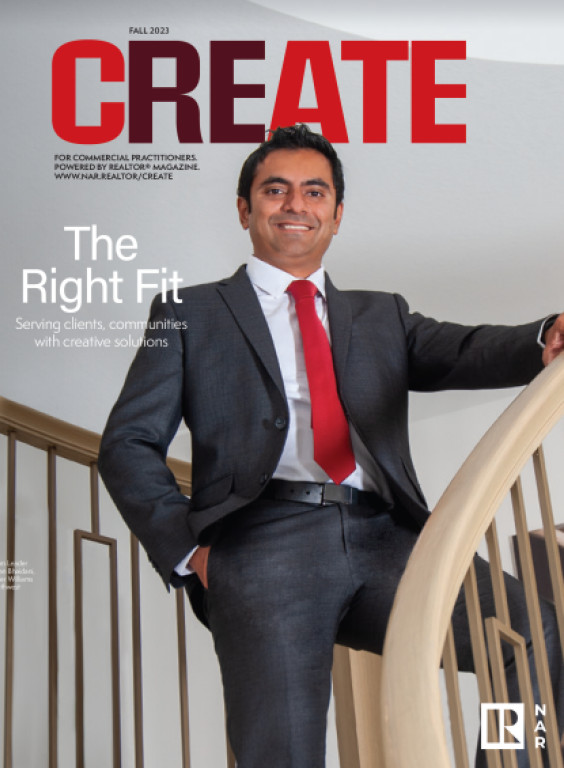For the first time in 25 years, FIABCI (the International Real Estate Federation, known by its French acronym) held its annual World Real Estate Congress in the U.S. The event, held in Miami in June, attracted attendees from more than 30 countries and was a positive sign for commercial pros who work with foreign buyers.
The U.S. remains fertile territory for investing, says Gunnar Branson, CEO of AFIRE, an association for international investors in U.S. commercial real estate. “There are about 30 or 40 cities that are considered global real estate markets. China has two or three. The United States has more like 12,” Branson says. Despite headwinds caused by rising interest rates, respondents to an AFIRE survey released last March said they planned to increase their investment in U.S. real estate in 2023 compared with 2022. What factors continue to draw foreign money?
Pro-growth Agenda. The U.S. has a transparent business environment, strong legal framework and favorable investment climate.
Economic Stability. The robust regulatory framework, strong institutions, and well-developed financial system provide confidence to foreign investors by minimizing the risks associated with economic fluctuations.
Property Rights. Investors have confidence that their investments will be safeguarded and that they can enforce their rights through the court system if necessary.
Diversification. By allocating their investments across different countries and asset classes, investors can mitigate risks and potentially increase profits.
Political Stability. The U.S. has a traditionally stable political environment and strong rule of law, which are attractive to foreign investors seeking a safe and predictable investment.
Potential for Appreciation. U.S. real estate has historically demonstrated long-term appreciation in value. Many foreign investors see the U.S. market as an opportunity to generate capital gains over time, especially in prime locations such as in major cities and popular tourist destinations.
Transparency and Market Liquidity. Investors can easily access information about market trends, property values and rental rates, enabling them to make informed investment decisions. Additionally, the market offers a wide range of investment opportunities, including residential properties, commercial real estate, and real estate investment trusts.
Exchange Rates. Fluctuations in exchange rates can create opportunities for foreign investors to capitalize on favorable currency conversions. If a foreign investor’s home currency strengthens against the U.S. dollar, their real estate investments can yield higher returns when repatriated.
Education and Lifestyle. The U.S. is home to many prestigious universities and educational institutions. Some investors see the potential of investing in real estate near these institutions, offering rental properties to students or catering to the needs of the academic community.
Tax Benefits. The U.S. tax system provides certain advantages, such as deductions for mortgage interest, property taxes and depreciation, that can enhance the overall return on investment for foreign investors. Bilateral investment treaties and tax treaties with many countries provide a framework for protecting investments and avoiding double taxation.
Despite their bullishness on the U.S. market, foreign investors face a range of challenges, including the need for regulatory compliance, cultural differences and market competition. Nearly all respondents to the AFIRE survey said continued interest rate increases were impeding transactions.
Overall, though, the combination of innovation, access to capital, and economic and political stability, along with a favorable tax and regulatory environment, make the U.S. an appealing destination to seek growth and profit. And the benefits of foreign investment swing both ways, Branson says. “It’s nothing but positive to have outside investors who believe in the future of your country.”














